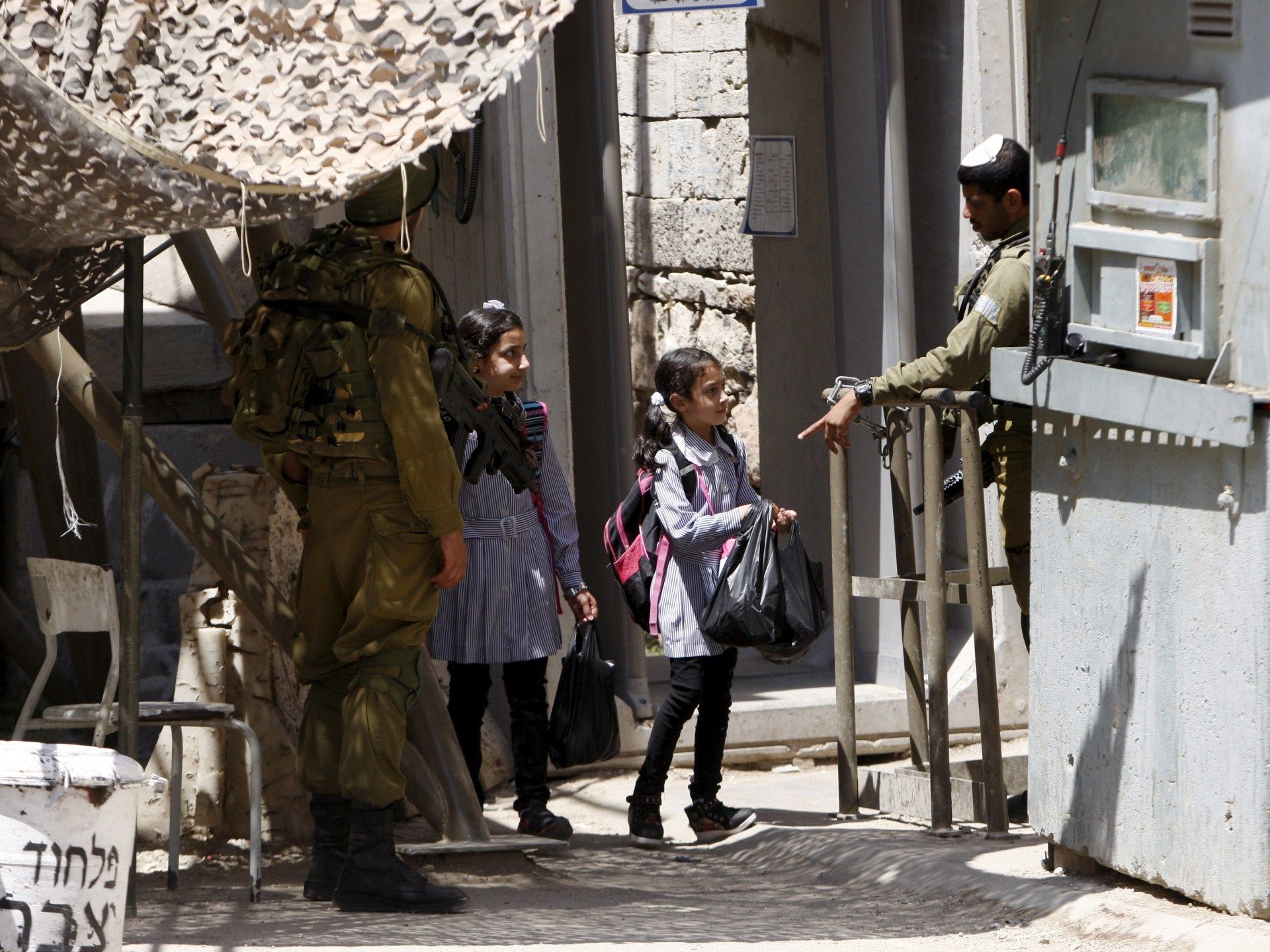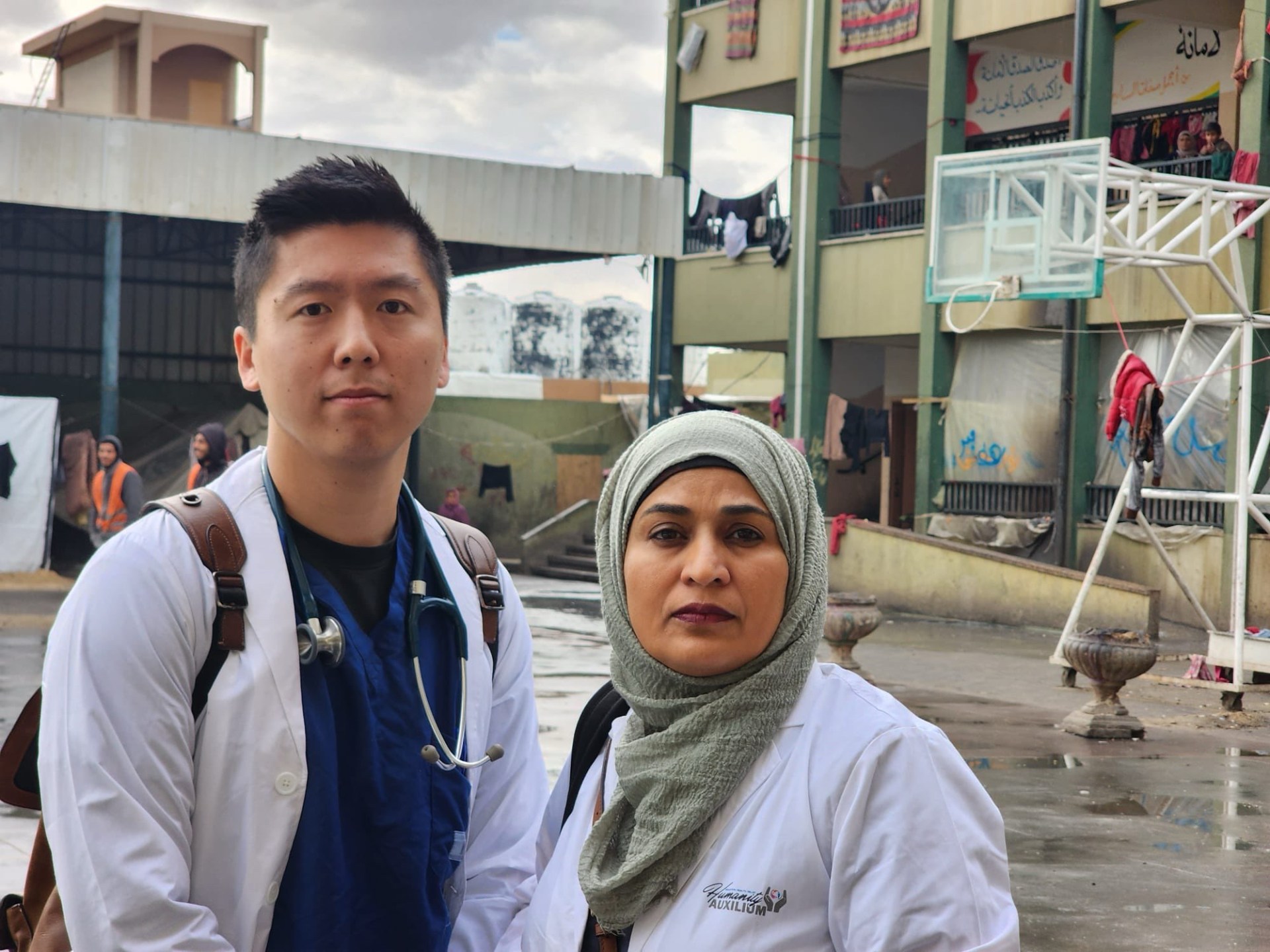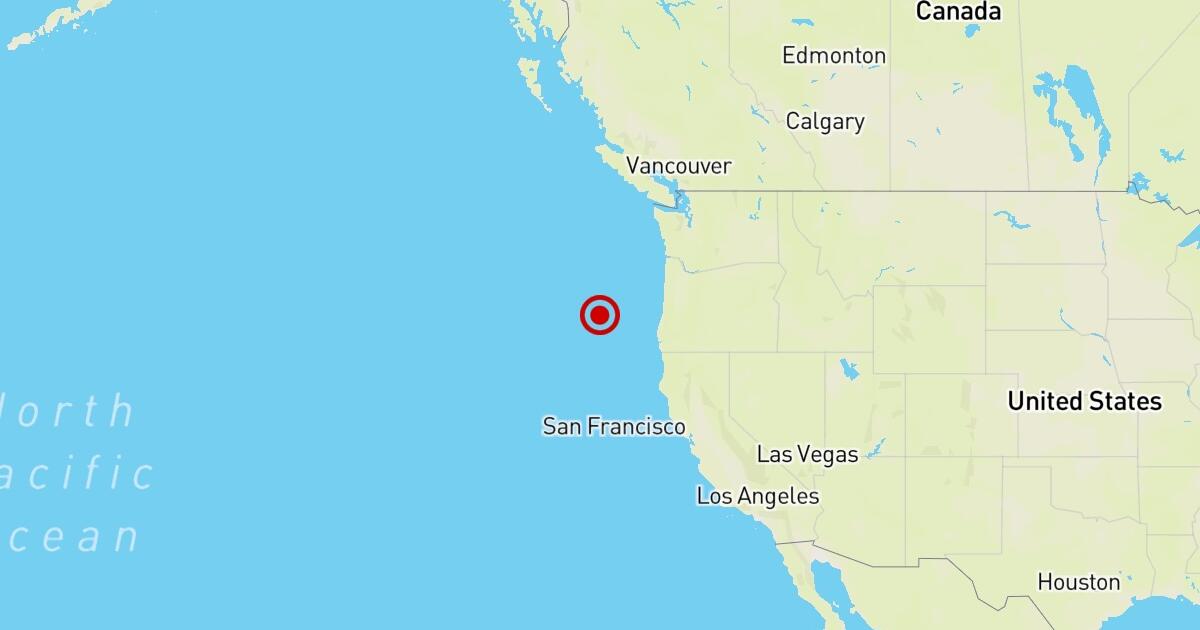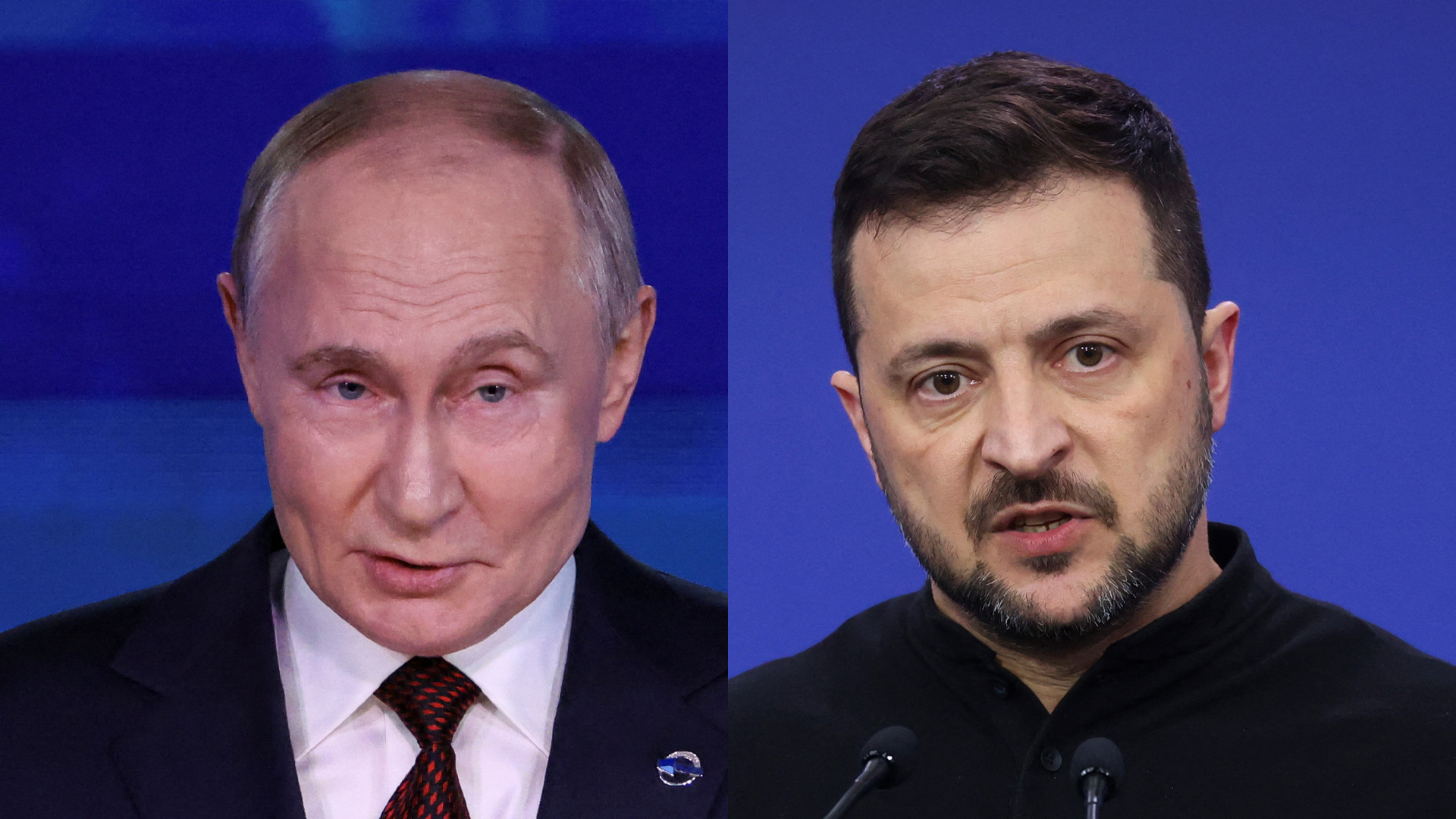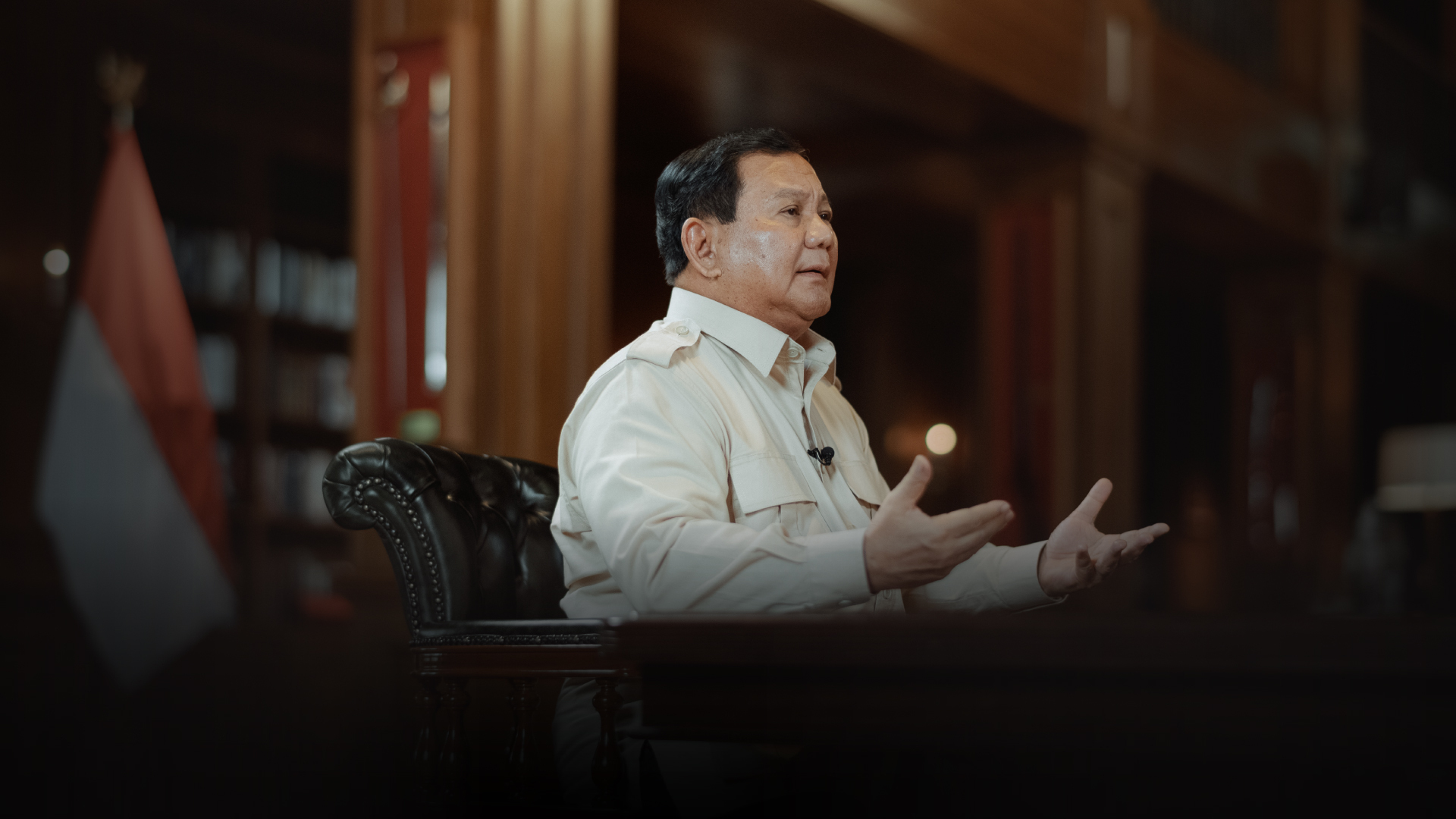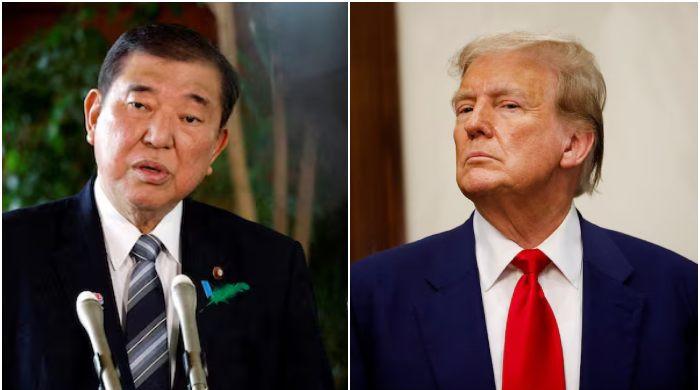The International Court of Justice will begin hearings on Monday in a case against Israel's occupation of Palestinian territories, just a month after it issued a series of instructions to Tel Aviv in a separate case accusing it of genocidal acts in the Strip. Loop.
In a first-of-its-kind case, at least 52 countries will present arguments over Israel's controversial policies in the West Bank, Gaza Strip and occupied East Jerusalem. It is the largest number of parties involved in any ICJ case since the court was established in 1945.
The Israeli authorities, since 1967, have illegally occupied the West Bank and East Jerusalem – part of Palestine under the division of historic Palestine determined by the United Nations in 1948 – applying a system that restricts the citizenship rights of Palestinians, hinders their free movement and strips them of their rights. of ancestral lands. Between 1967 and 2005, Israel also directly occupied Gaza and, since 2007, has imposed a land, sea and air blockade of the coastal enclave. It decides what food, water, medicine, fuel, construction materials and other basic goods can enter Gaza and stops their flow when it wants.
Even as the war in Gaza is now in its fifth month, Palestinians in the West Bank have come under increasing attacks by Israeli forces, with hundreds killed.
In a statement last week, the ICJ said oral arguments in the case would last about a week, during which all countries, as well as three international organizations, are expected to express why they support or oppose Israel's measures. . Tel Aviv refused to present its arguments, preferring to present a written argument. A court ruling is likely to be issued within several months.
Here's everything you need to know about the case:
Who brought the case against Israel?
The case was triggered by a request from the UN General Assembly (UNGA) on December 30, 2022, when a majority of members voted to seek the court's opinion on the legal consequences of Israel's continued occupation of Palestine. Arab countries, Russia and China voted in favor of the measure, while Israel, the United States, Germany and 24 others voted against it.
During the Six-Day War in 1967, Israel occupied East Jerusalem and the West Bank, which were previously under Jordanian control and with a majority Arab population. Most countries and the UN still view occupied East Jerusalem as the capital of a future Palestinian state and consider Israel's occupation to be illegal under international law.
In a long letter to the ICJ, signed by UN Secretary-General Antonio Guterres, the UNGA asked the judges to answer questions about how the rights of Palestinians are being affected by the occupation and continued attempts to displace them, as well as what are the responsibilities of the UN and its member states faced with those violations.
“What are the legal consequences… of Israel's continued violation of the Palestinian people's right to self-determination, of its prolonged occupation, settlement and annexation… aimed at altering the demographic composition, character and status of the Holy City from Jerusalem? , and its adoption of related discriminatory legislation and measures?” the UNGA letter asked.
The UN General Assembly asked the court to answer those questions using a combination of international humanitarian law, as well as the United Nations Charter and various UN resolutions. According to Human Rights Watch, Israel's policies in the occupied territories amount to apartheid and persecution, both crimes against humanity.
The Hague-based court hears and rules on matters between states, and it is the second time it will intervene in Israel's illegal occupation. In 2004, the ICJ ruled that Israel's “barrier wall” in the West Bank, which separates many Palestinian families, is illegal and should be dismantled. However, Israel rejected the ruling and has since expanded the wall.
What countries will participate?
The oral hearings will run from Monday, February 19 to Monday, February 26.
A total of 52 countries (about 10 per day) will present their arguments before the ICJ judges during the week. The majority of them originally voted in favor of the UN's decision to go to the ICJ. A few, such as Canada, voted against, while Switzerland abstained.
Legal teams representing the State of Palestine will begin hearings on Monday. On Tuesday, teams from South Africa and Canada will be among the speakers. The United States, China and Russia will take the floor between Wednesday and Thursday, while the Maldives will conclude the final presentation.
Three multilateral organizations will also present their arguments in the process: the League of Arab States, the Organization of Islamic Cooperation and the African Union.
So is this different from South Africa's ICJ case against Israel?
This case is separate from another ICJ case filed by South Africa on December 29 alleging that Israel is committing the crime of genocide in Gaza in its continuing war in the Strip.
In a preliminary ruling in that case, the court ordered Israel to prevent and punish incitement to genocide and provide necessary humanitarian aid by February 26.
The case, whose hearings begin on Monday, is not directly related to the current war Israel is waging in Gaza, although it addresses many of the concerns of violation of international law that link Tel Aviv's approach to all Palestinian territories.
What could be the court's ruling?
The ICJ is made up of 15 judges from different parts of the world, elected by the United Nations General Assembly for nine-year terms. Judge Nawaf Salam of Lebanon currently holds the presidency.
The judges will listen to the extensive presentations and then publish a written opinion. It is unclear when the opinion will be published, but the ICJ's processes are thorough and typically take time. Some legal experts say the opinion could appear before the end of the year.
It is difficult to predict what exactly the court would think in this case, or even how the opinion would be worded. The ICJ has ruled against Israel in the past, such as over the West Bank wall in 2004, and the recent interim measures handed down in January that many experts say Israel can only adhere to if it effectively ends its war in Gaza.
However, when it comes out, the court's opinion will not be binding on the Security Council or Israel, meaning they will not have to be enforced. However, experts say an ICJ opinion carries a lot of weight and could add more pressure on Israel and its staunchest ally, the United States, to comply with international law.

